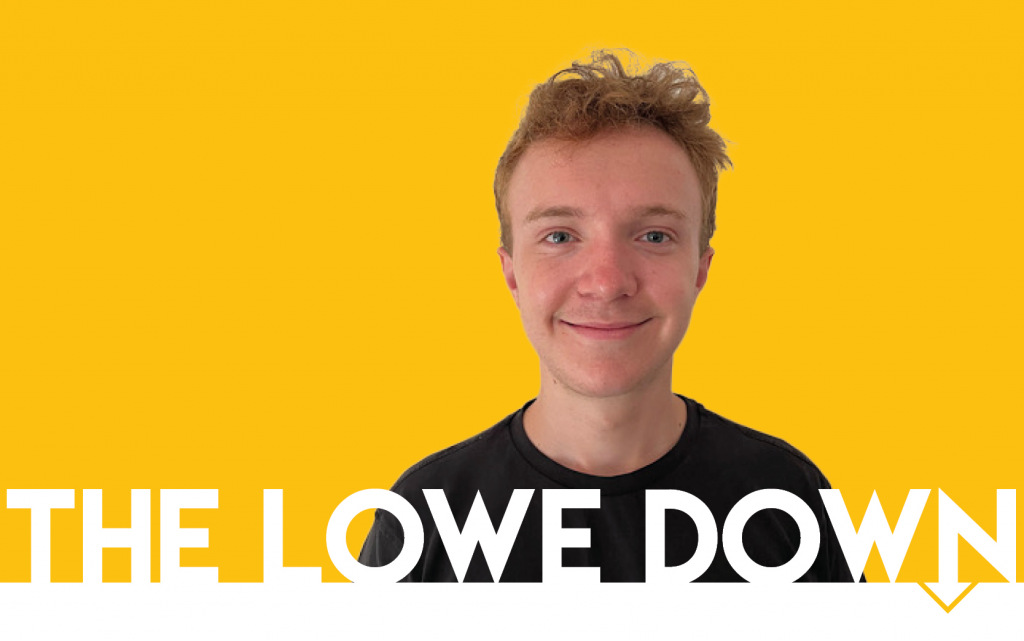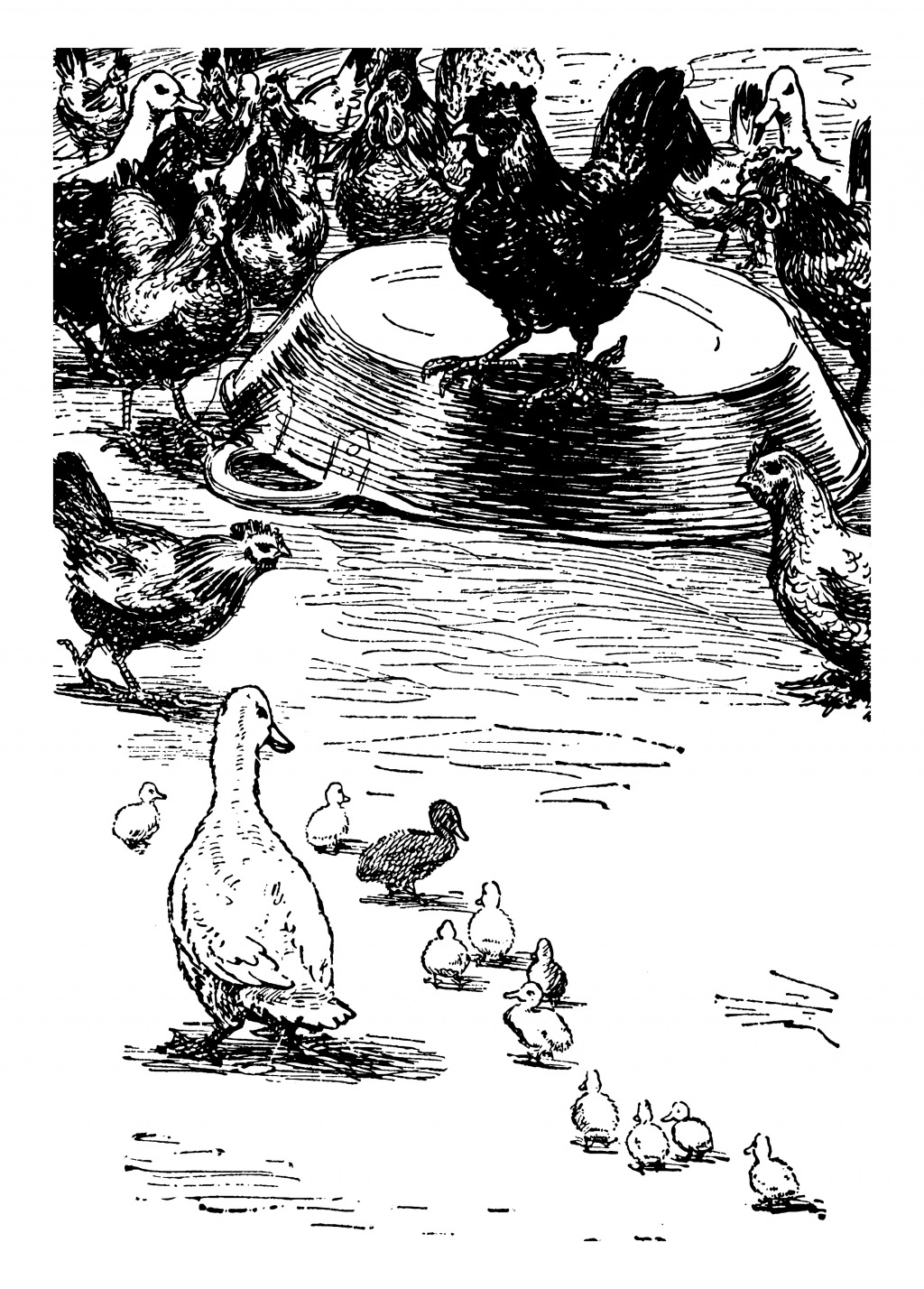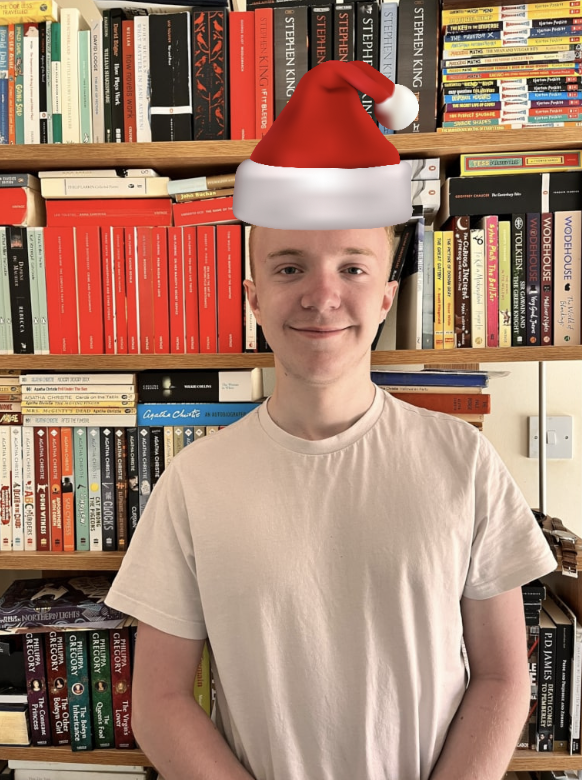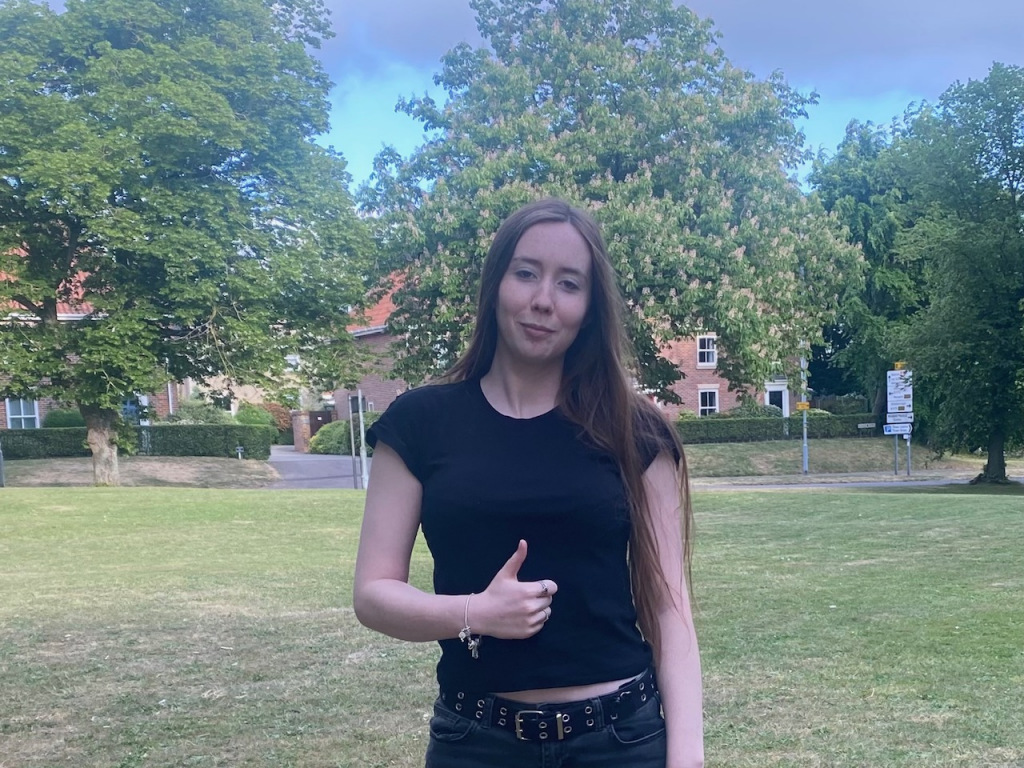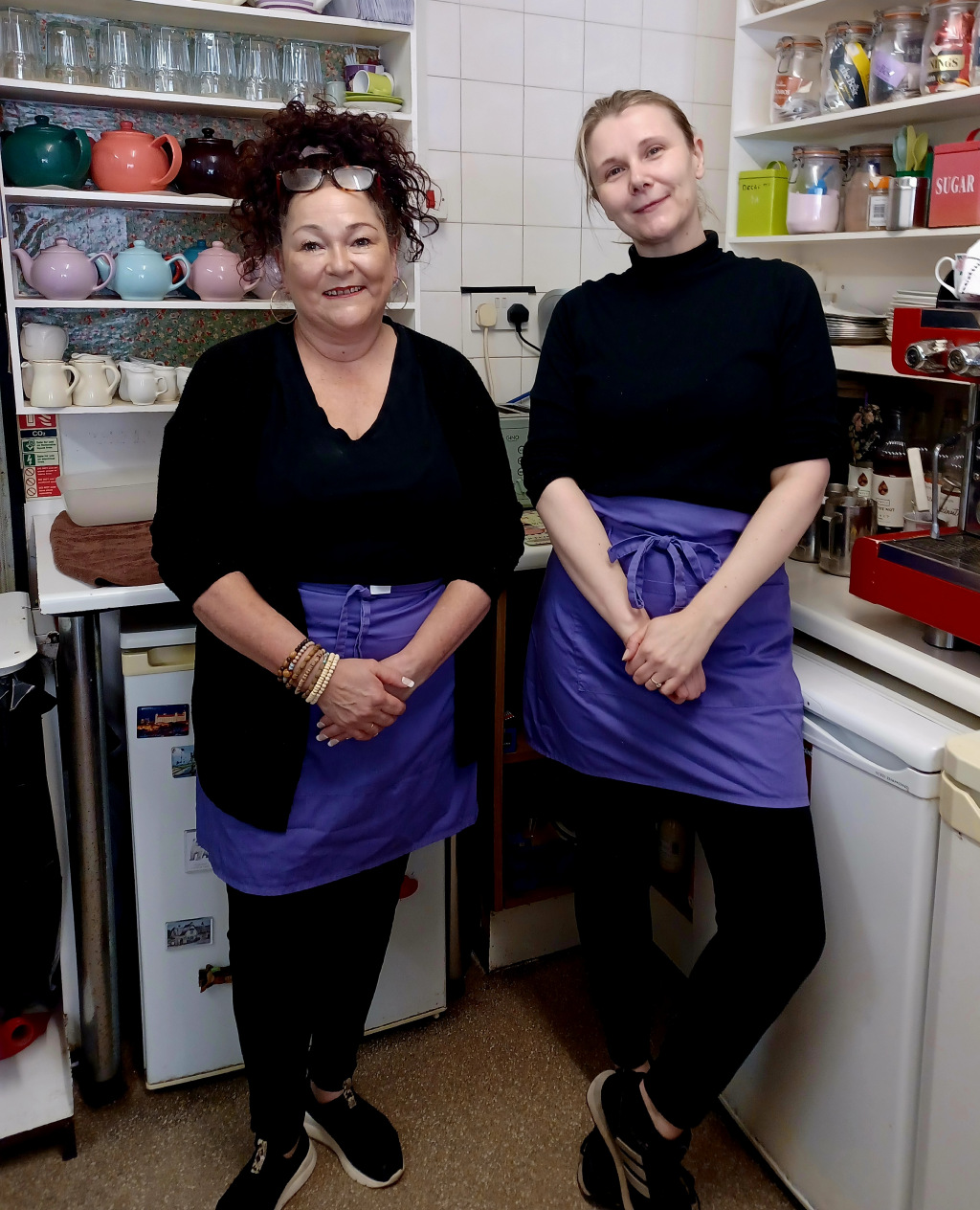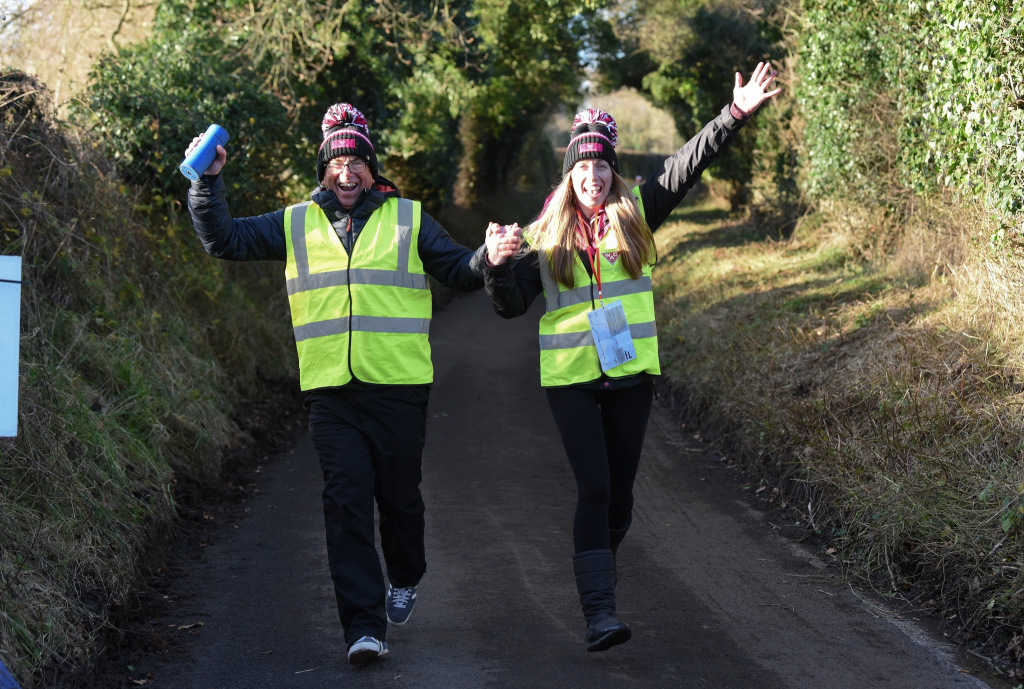In T.S. In Eliot's iconic poem The Waste Land, he writes, “We think of the key, each in his prison / Thinking of the key, each confirms a prison.” In other words, when we search for that one ‘key’ (or general rule) that will solve everything, we only box ourselves in. Rather, we only free ourselves (metaphorically) when we let go of searching for the one solution and accept life’s messy contradictions and complexity instead! It’s both a helpful rule for reading the poem (because no one lens will ever fully ‘unlock’ The Waste Land) and possibly for life in general.
Of course, the Modernist writers were not exactly bastions of self-help mastery. In my view, Modernism is like Romanticism: it produced iconic literature, but one spends most of the reading experience worrying about the writer’s well-being. Take Virginia Woolf’s Mrs Dalloway. At the novel’s conclusion, the suicide of a shellshocked army veteran is presented as an act of “defiance”, with the eponymous narrator making the astonishing confession that she was “glad that he had done it… He had made her feel the beauty; made her feel the fun.” Maybe I’m naïve, but that seems unhealthy. The real-life tragedy that Woolf herself committed suicide casts an even darker light on this borderline glorification of the act.
I don’t much care for Virginia Woolf’s books. I feel empathy for her mental health struggles – especially if the views expressed in Mrs Dalloway are indicative of her own – but I find her stream-of-consciousness writing insufferable. T.S. Eliot is the stronger writer, in my view. Incidentally, he too had a mental breakdown but recovered when he found religion. I’m not religious myself, but if it saves someone from feeling like The Waste Land, all power to it! Those lines about the “key” are the words of a man who has suffered through depression but has come out the other side. That lends his words extra poignance.
I think of Eliot’s “key” rule in the context of exams. How many times have we seen articles saying, “Top 10 GUARANTEED Ways to Pass GCSEs”, or “Short List of the Top 50 Tricks for A-Levels?” (As if we needed more lists to memorise.) And the truth is that short of basic things like eating, sleeping, and not overworking ourselves to insanity, there is no one key. It’s just continuing with the hard graft day by day and trying not to panic.
But I often find myself guilty of the impulse to find one golden solution to everything – and it always helps less often than one hopes. I started taking 30-second cold showers because I read an academic paper that claimed it boosted the immune system (at the time of writing, I’ve been ill twice in the last fortnight). Adolescence is particularly prone to this: especially in this age where identity is discussed like never before, there is great pressure to decide in your teenage years who you “really are”, and what your USP is that makes you different from everybody else. Talk about a tall order. Does anyone know “who they really are”? Especially during adolescence, the desire to find one “key” to one’s identity is a terrible thing: during what other period of life do you change more? As a wise thinker once said, life is about “being self-deceived, not knowing who you are, taking a while to work out who you are, maybe being wrong for a bit, right for a bit, [and] wrong for a bit…”. Accepting that is so much healthier. I remember a period when I was constantly worrying about “who I was as a person” – and felt much happier on the days when I forgot to think about it and just read books and had fun.
I am not usually a fan of literary Modernism (the Franz Kafka, Virginia Woolf, James Joyce crowd, etc). But T.S. Eliot did well when he wrote The Waste Land. And whilst it would be pretentious beyond belief to recommend it as a self-help text during exams, part of me still wishes I had known it: it tells us to do the work during the school day and then relax, without worrying about the “one exam solution” you’re missing, or who you “truly are”.




